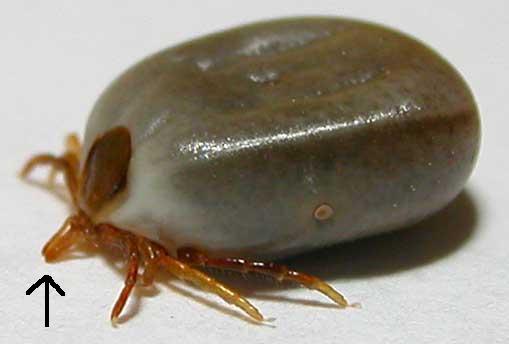
Veterinary Science: be aware of ticks.

With spring around the corner, we’re more and more eager to spend time and relax outdoors in the woods or in the countryside with our equine friends.
But, and to avoid negative consequences on your horse’s health, and also yours, you need to be fully aware of a concerning and potentially lethal creature: the tick.
Ticks reveal themselves as small and seemingly harmless creatures but they actually pose a real danger as they can be carriers of dangerous diseases, spread throughout the world.
The creature will wait patiently on a branch, or a blade of grass, for its victim to or soon to be ‘host’ to pass, sometimes even for long periods which can be whole seasons. Once it has founds its victim, it latches on and begins to absorb the blood, until it swells. Once full, or removed, it leaves.
A bite from a tick is painless and usually goes unnoticed, but even in less severe cases it can cause dermatitis, inflammation, pain and local soreness. But not everyone perhaps knows that the tick, like the mosquito, can carry a disease, which is located in the gut of the tick.
The one which has received the most attention is Lyme disease, localised in the United States in 1975, a debilitating disease, which causes fatigue, weakness and that can be mistaken for a simple flu.
It is strongly advised therefore that you are careful when you go out for a walk, avoid tall grass, but also try to stay on the beaten path.
If you notice that ticks have managed to stick, try to remove them immediately with tweezers and get rid of them while of course consulting your trusted vet.




.png)












